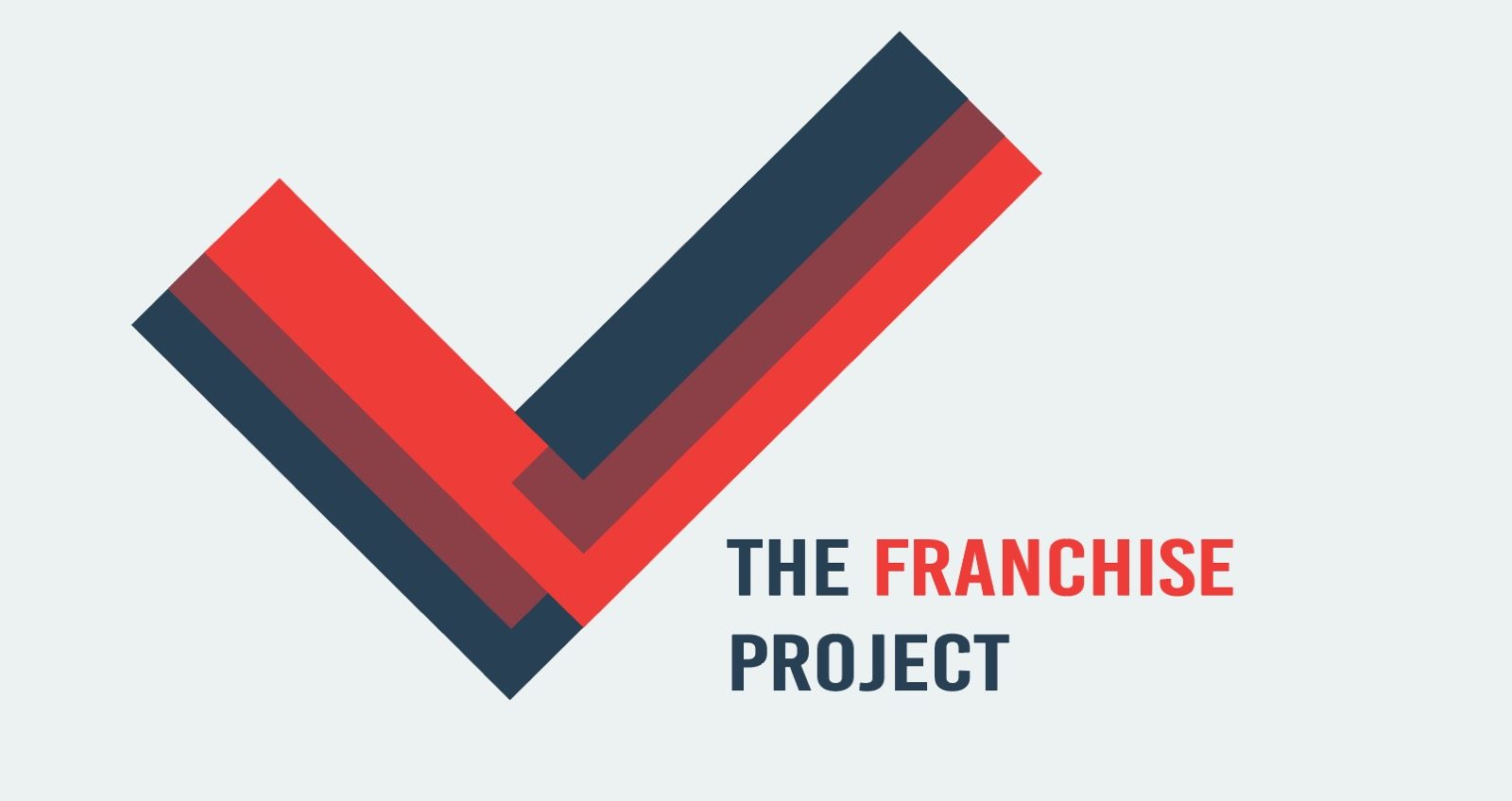Categories - Felon Enfranchisement
- 0/3
- 1/3
- 2/3
- 3/3
The following states received 100% in Felon Enfranchisement:
Nationwide, felon disenfranchisement laws prevent more than 6 million otherwise eligible voters from voting every single year. Many states prevent those with felony convictions from voting while on probation and parole, and some states, like Florida, even prevent people from voting when their sentence is fully complete unless they receive an individual pardon. Additionally, felony disenfranchisement laws also have a disproportionate impact on communities of color. In Kentucky, for example, more than a quarter of the adult African-American population is disenfranchised because of these laws. As the number of people in our criminal justice system continues to rise, so too will the number of people who are temporarily or permanently disenfranchised. However, the majority of Americans support restoring voting rights to people who have completed their sentences. Studies also show that restoring voting rights to former felons helps reintegrate them into society, and makes them less likely to become repeat offenders. To analyze felon disenfranchisement in each state, the Scorecard includes the following metrics:
- Whether the state automatically restores voting rights after the sentence is completed
- Whether the state allows individuals to vote after incarceration, while still on probation or parole
- Whether the state allows individuals to vote while incarcerated
For full details, please visit our detailed calculation spreadsheet.
See an error? Submit a correction here.
